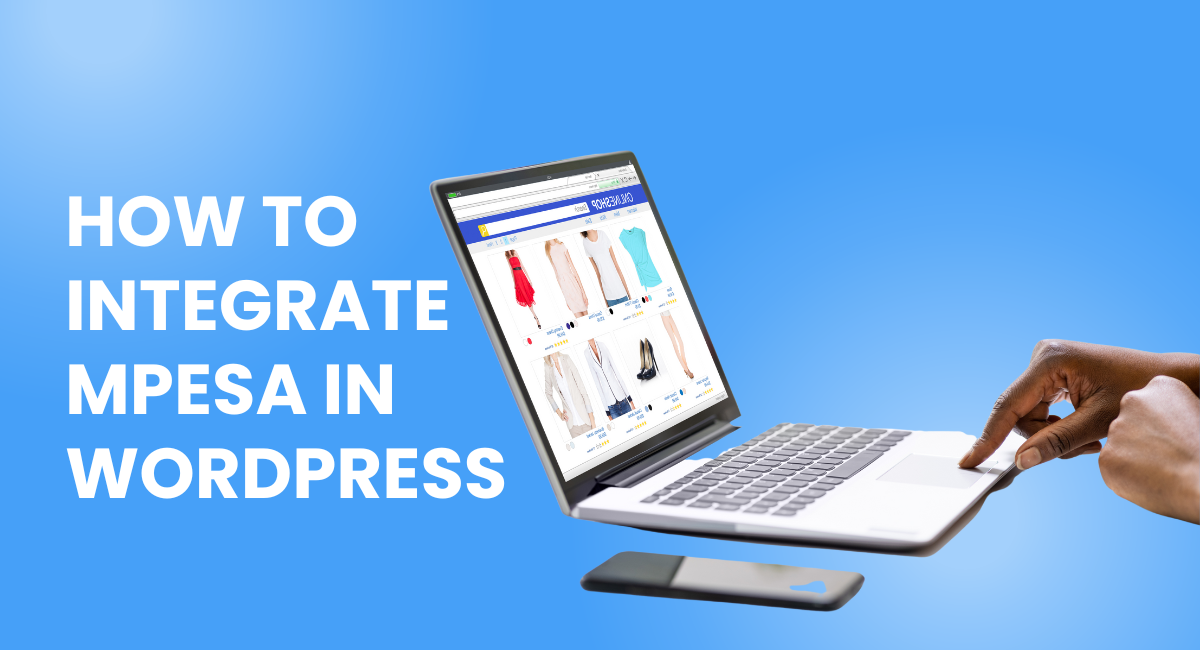Identity theft is a term used to describe the action of fraudsters stealing someone’s identification details such as names, Social Security Number, driving license and/or bank account details. Identity fraud occurs when these details are used to commit an offence. In most cases identity theft is as a result of online hackers and malware penetrating your internet access device and obtaining pertinent information about you. The identity thieves then proceed to commit offences using the obtained details.
People who perpetrate these crimes via the internet are oftentimes referred as hackers or scammers. These shrewd highly technologically savvy criminals are in fact becoming sophisticated every day; this is evidenced by the many cases of computer hacks reported by big corporations in the past one month. Other than targeting the big corporations, hackers also target individuals in what has become known as identity theft. So how do you protect yourself from online hackers, should you be worried, does it warrant the hiring of third party identity protection teams to protect yourself from hackers? The common frauds perpetrated by identity theft include:
1. Obtaining bank loans using your name
2. Transacting business with your details
3. Order goods in your name
4. Take over your existing accounts
5. Take out your mobile contact details
I solely believe you can be able to maximally protect yourself from identity theft if you follow some of these recommendations.
1. Do not give out your details to individuals or corporations without verifying their authenticity. It is amazing how many people jump into completing online forms without having verified the authenticity of the source of the forms. One slip up could land your details into a hacker’s hand which could be the beginning of a lifetime’s nightmare.
2. Do not reply to phishing or spam emails: It is hardly conceivable that your bank will send you an email asking you to click on some dubious link in order to confirm your bank details. Spam and phishing emails are some of the common tools used by online hackers, mark any unsolicited email in your inbox as spam.
3. Make sure your Computer has an Updated Antivirus software Identity theft normally occur through internet propagated malware and virus. Make sure your computer has an antivirus and your web browser is set to the maximum possible security it can offer.
4. Have a strong Password for your online accounts It is simplify stupefying how many people still use “password” and other weak password as the password to their online accounts. Do not fall into this category; ensure your online accounts are protected with a password that has a combination of both lowercase and uppercase, numerals and symbols to make it hard for hackers to crack.




